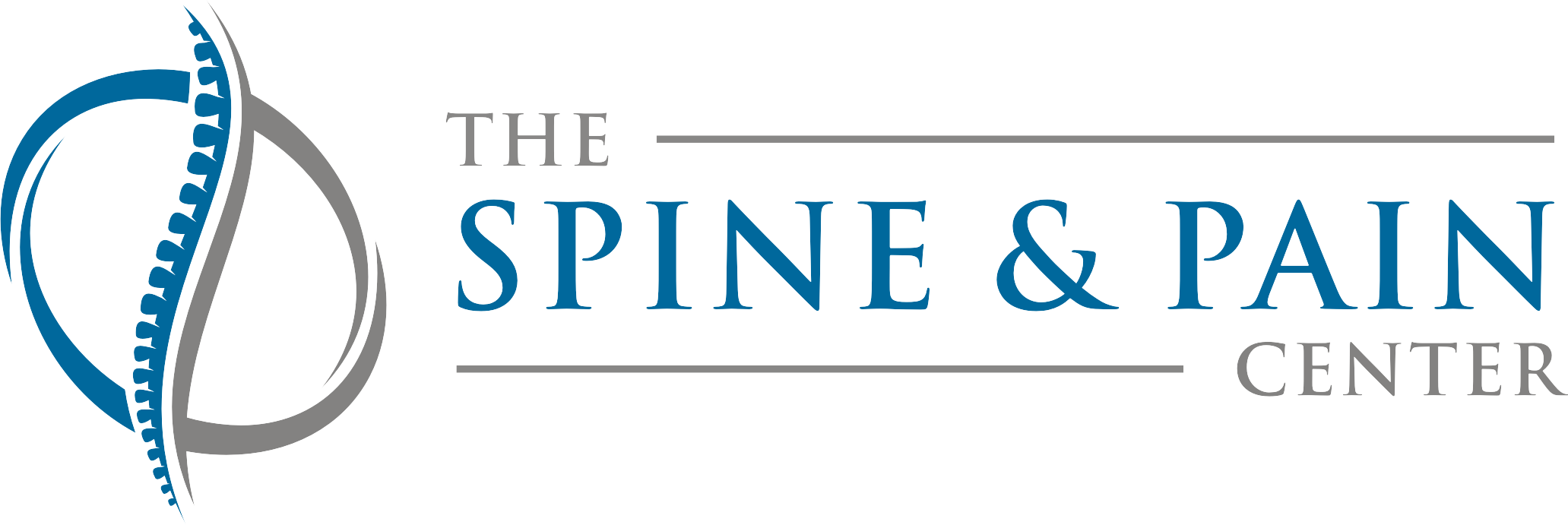Defined
Lumbar radiculopathy a.k.a. sciatica is a condition of the sciatic nerve and causes pain extending from the lower back and into the buttocks, legs, feet, and hips. It seldom works alone and it is typically paired with another musculoskeletal condition that is putting pressure on the sciatic nerve.
Causes
Patients can develop the condition if the sciatic nerve is pinched. This can occur due to trauma, such as a car accident, but it is usually caused by an underlying condition of the spine. For example, a herniated disc, spinal stenosis (narrowing of the spinal canal), or a bone spur may push into the nerve, causing irritation.
Symptoms
Weakness in the legs, pain and numbness or tingling are common symptoms. Also common is pain shooting or radiating down into the backs of the legs and feet. Mobility and problems walking are also typical. Patients usually find the pain to be constant, and worse if they sit for long periods of time. In worse cases, in some cases, Lumbar radiculopathy cause problems with bladder and/or bowel movements.
Treatments
Sciatica is typically caused by another condition. To effectually treat sciatica, the physicians at The Spine & Pain Center may treat both the condition and the sciatica pain symptoms. Anti-inflammatory medication may be used to help relieve pressure from the compressed nerve. A lumbar epidural steroid injection often provides longer-lasting pain relief than traditional medication and has fewer side effects. If necessary, bone spurs or anomalies of the spine may need to be repaired through surgery. Alternative treatment options such as acupuncture, and neural stimulators (spinal cord stimulators) can also be used in addition to clinical treatments in order to help mitigate sciatica.


